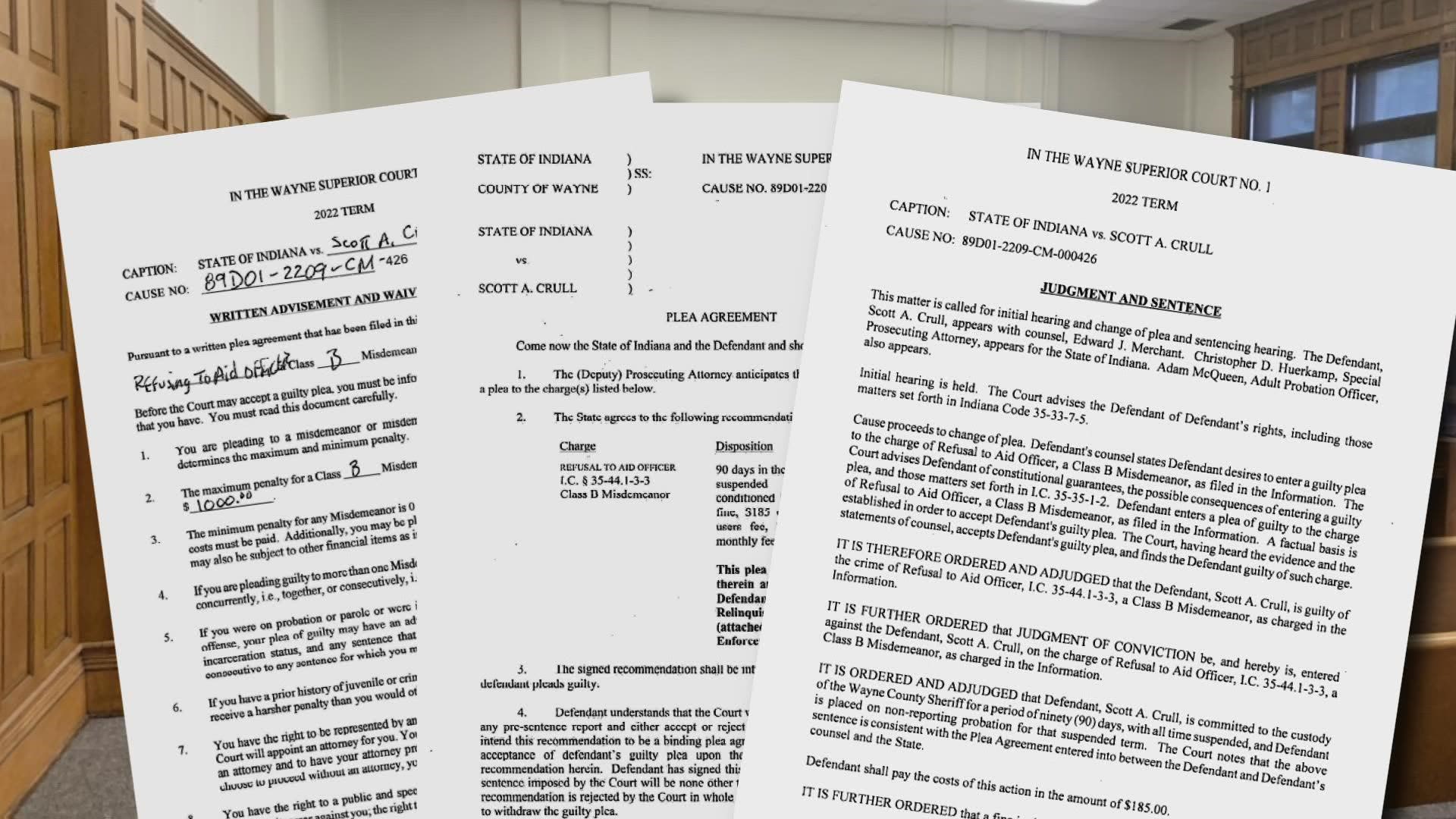RICHMOND, Ind. — An Indiana police officer has pleaded guilty to a crime for refusing to help another officer.
As part of a plea agreement, the high-ranking cop will no longer be able to serve on a police force anywhere in the state.
But what the officer actually did to warrant his criminal conviction remains somewhat of a mystery.
Court records show Scott Crull appeared in Wayne County Superior Court on Sept. 21 to plead guilty to the crime of “refusal to aid an officer.”
His criminal case is unusual, not just because the charge is rarely filed, but also because Crull’s initial appearance, plea hearing, and sentencing happened very quickly and all at the same time -- less than ten days after his case was first publicly filed. (By comparison, most criminal cases take months – in some cases, even years – to work through the court system.)
Yet it’s what did not happen that has captured the attention of legal scholars and law enforcement.
“No idea what he actually did”
Crull isn’t just any Richmond police officer. The 16-year RPD veteran was promoted to captain, served as supervisor of the Wayne County Drug Task Force and the county’s SWAT team, and was honored as the RPD 2018 Supervisor of the Year. In addition to his crime-fighting duties, Crull is pictured in Richmond Police Department Facebook posts participating in community and charitable events.
When 13 Investigates received a tip about Crull’s recent conviction, the 13News investigative team immediately contacted the Wayne County clerk to request a probable cause affidavit that outlines allegations against a defendant.
“There’s not a PCA on the case number you requested,” responded Wayne County Clerk Debbie Berry.
So 13News inspected the documents that are filed in the officer’s criminal case, and those do not contain details of the crime, either.
- A Plea Agreement contains no facts about the crime Crull committed.
- Other than a date – Nov. 20, 2021 – not a single detail of the crime is outlined in the Judgment and Sentencing document.
- 13News obtained an audio recording of Crull’s lone court hearing, and even during his sentencing, there is no mention of what Crull did to establish a factual basis for his criminal actions.
The only charging information filed and recited in court that remotely begins to address Crull’s behavior is that the officer “did unlawfully, knowingly or intentionally, and without reasonable cause, refuse to assist a law enforcement officer during the execution of the officer’s duties after having been ordered to do so.”
That, however, explains the charge. It does not explain how or why Crull is guilty of committing the crime, and the convicted officer is not eager to answer questions from 13News.
“Not gonna do that. Not interested,” said John Kautzman, Crull’s defense attorney, during a brief phone conversation with 13 Investigates.

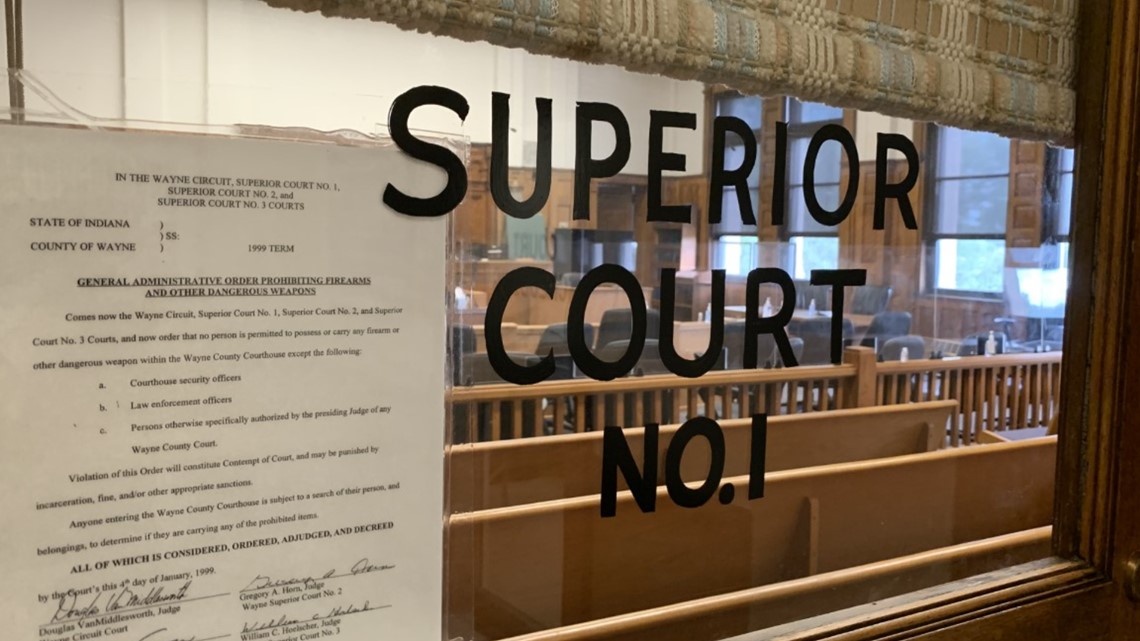
Richmond Police Chief Michael Britt told 13News even he has not seen details establishing what the longtime police officer did to justify his criminal conviction.
Two weeks after Crull pleaded guilty, there is no public record to explain exactly why a high-ranking police officer was convicted of a crime. That does not sit well with Jody Madeira, a law professor at the Indiana University Mauer School of Law.
“It’s quite strange that even now we have no idea what he actually did by looking at the record,” Madeira told 13News. “We have no idea of the specific facts. We have no idea what constituted probable cause. We have no idea what failing to aid an officer even constituted in the context of this investigation. And I think we are at a critical moment when public trust in the government, public trust in the police, public trust in prosecutorial officials needs to be higher. I think this weakens public trust.”
“Incredible case of bad judgment”
To get answers, 13 Investigates went to the special prosecutor who handled the officer’s case.
Chris Huerkamp is the prosecuting attorney in Franklin County who was appointed as a special prosecutor to handle allegations of criminal activity by the Richmond police officer.
“What we have here is at least some pretty bad misconduct from an officer who should have known better,” Huerkamp said Monday afternoon from his courthouse office in Brookville, about 30 miles south of Richmond.
The special prosecutor said the case against Crull started last November at a property just outside Richmond city limits, where Wayne County sheriff’s deputies and Centerville police officers were investigating activity at a suspected drug house. Huerkamp said the Richmond Police Department was not involved in the drug house surveillance, so an undercover deputy was surprised to see an on-duty Richmond police officer pull up to the house.
“The defendant, Mr. Crull, who was at the time a captain with the Richmond Police Department, more or less inserted himself into that investigation in an inappropriate way,” Huerkamp said.

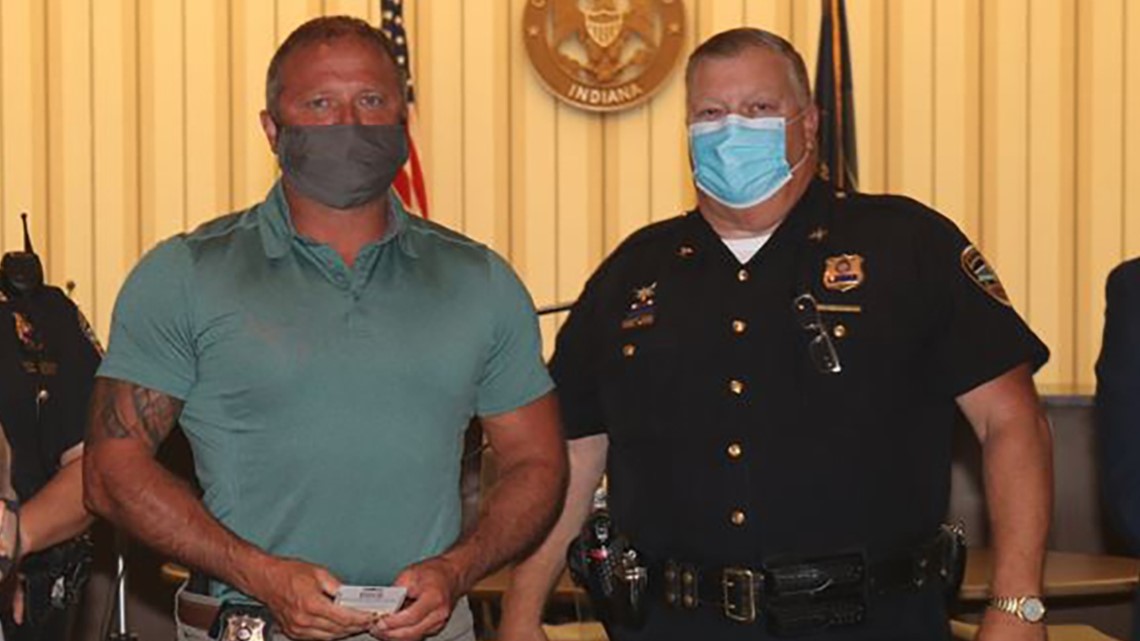
Asked to explain what that means, the special prosecutor replied slowly, appearing to choose his words carefully.
“There was a claim that perhaps he was trying to give [drug dealers] a heads up, that other officers were possibly going up to apply for a search warrant and serve that on them,” Huerkamp said. “Officers are human. They make mistakes. But this is more than a mistake. This is an incredibly -- I think the best way you can say it was -- an incredible case of bad judgment to the point where an officer ends up charged, pleads guilty and is convicted of a crime.”
Grand jury never heard evidence
Just a few hours after Crull visited a drug house and was seen talking with a suspected drug dealer at the center of an undercover investigation, sheriff’s deputies obtained a search warrant and raided the property with the help of the Indiana State Police SWAT team. One woman was charged with possession of methamphetamine, another with possession of cocaine. Both were convicted of felonies, according to court documents that provide many pages of detail about their crimes and how police investigated them.
The police officer who allegedly tried to warn them about an investigation into their drug activity got a much different result.
Crull was not charged with a felony. He received a summons to appear in court rather than being arrested and processed at the county jail. And his case file contains few facts about the crime he committed.
“Why was he not charged with ‘official misconduct’ which is a felony, not a minor misdemeanor?” 13News asked the special prosecutor after learning more details of the claims against Crull.

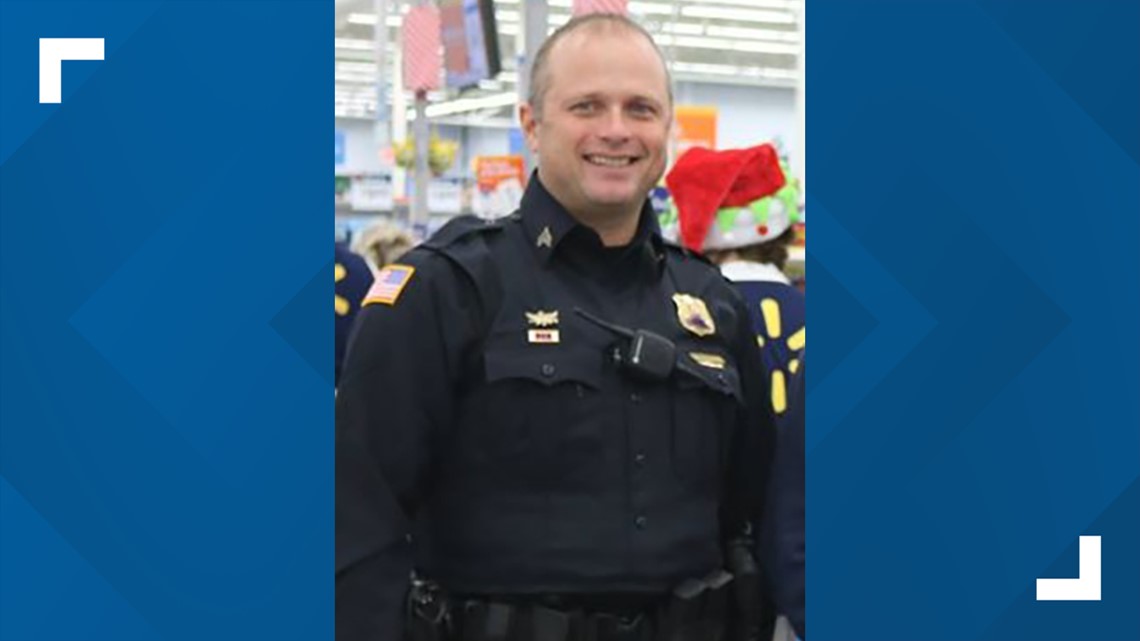
“He was charged with what he was charged with and there are reasons for it,” Huerkamp said, insisting the police officer received no special or preferential treatment.
“I’ve never met Mr. Crull. The first time I ever saw him was in the courtroom the day he came in to plead guilty, and that’s exactly why a special prosecutor is brought in from several counties away,” he said. “This is how I handle misdemeanors. There was no special treatment given here. This was a case with unique circumstances, and it was driven by the evidence – the strength of the evidence we had and the lack of evidence we had in other areas.”
That evidence was collected during a monthslong investigation conducted by Indiana State Police, and 13 Investigates has learned it was scheduled to be presented to a grand jury requested by Huerkamp.
But the special prosecutor says he changed his mind about a grand jury, instead opting for a plea agreement proposed by Crull’s defense attorney before evidence was presented to jurors.
“I don’t know how it would have turned out with a grand jury,” Huerkamp told 13News. “We had some people with credibility issues we’d have to put under oath. A grand jury may or may not have indicted him for anything.”
As part of the plea agreement, Crull received no jail time. He agreed to plead guilty to a misdemeanor and pay about $600 in fines and court fees in exchange for voluntarily relinquishing the law enforcement certification that’s required be a police officer in Indiana.
Madeira believes the plea agreement sends mixed messages about the severity of the case.
“When one gives up one’s career because of something like this mysterious misdemeanor charge, well, that’s just pretty strange,” the IU law professor said. “I think the lack of transparency here hurts everyone.”

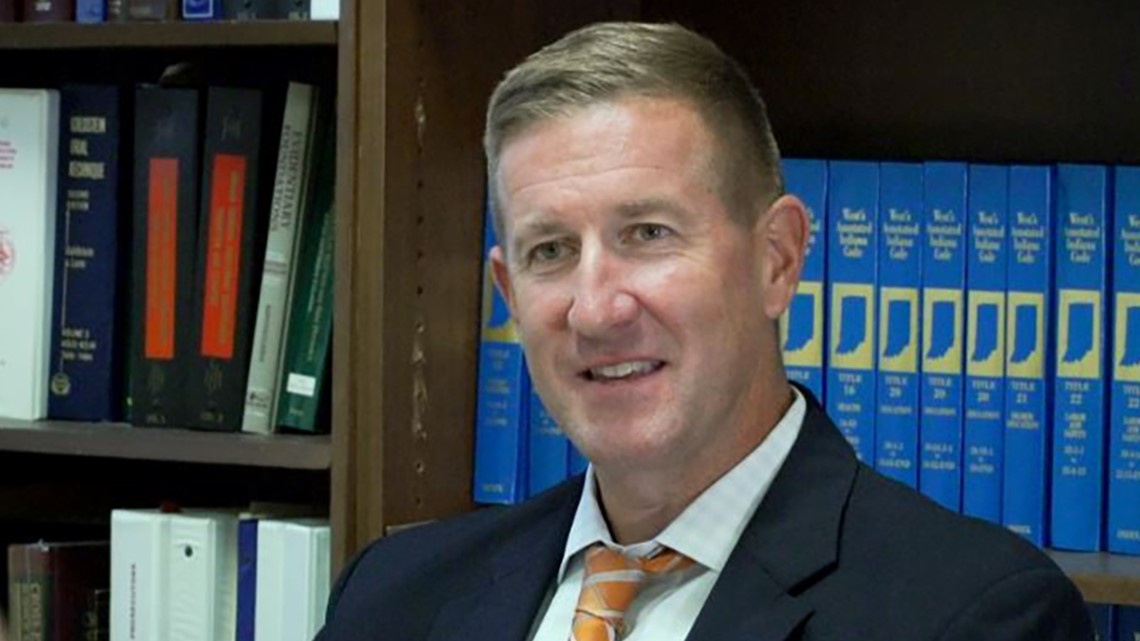
But the special prosecutor said there was no intent to withhold information, and he believes the outcome of the case is appropriate.
“I thought this was the right charge and it brought a definite and final result,” Huerkamp said. “Not only did he give his police powers up, he pled guilty to a crime so now he has a criminal record. This was a just result.”
What’s next
Neither Crull nor his attorney want to discuss the case or provide more details.
“He considers it done and behind him, and he’s ready to move on,” said Kautzman.
Moving on will mean finding a different job, now that the longtime officer has agreed to forfeit his law enforcement training certification in Indiana. It might also mean Crull will have difficulty getting hired as a police officer in other states, too.
“Without a certification, an individual may not continue being a police officer in the state of Indiana and, if decertified, their name goes on a national list that informs agencies of their decertification in Indiana,” explained Tim Horty, executive director of the Indiana Law Enforcement Academy.
Horty said the academy has received notice that Crull has agreed to voluntarily relinquish his law enforcement certification, and the ILEA board will decide at its Nov. 7 meeting whether to accept the decertification request.
Indiana has decertified 54 officers in the past 15 years and most of those officers lost their certification due to felony convictions, according to ILEA.
Many veteran police officers find lucrative jobs in corporate security after they leave law enforcement, but Kautzman said he does not know his client’s plans following the misdemeanor conviction.
Contacted by 13News about Crull’s case, Britt said he is having difficulty learning the facts of the crime involving a former captain on his police force. He sent 13 Investigates the following statement from Richmond city attorney A.J. Sickmann:
In response to your inquiry into Scott Crull, he is not employed by the Richmond Police Department. His hire date was Sept. 22nd, 2006. Scott Crull’s last date of employment was September 21, 2022. At the time, Crull held the rank of Captain. On November 24th, 2021, Crull was placed on administrative leave from the Richmond Police Department as the administration learned that the Indiana State Police were investigating matters that culminated in Crull being criminally charged. The Department acted swiftly in removing Crull from duty while the investigation ensued. Due to the fact that the Department was without sufficient information to discipline Crull until such time that information relating to his criminal investigation was unsealed, there does not exist any factual basis for disciplinary action to provide. Although it actively monitored the situation, the Department only learned of the information supporting probable cause for Crull being criminally charged subsequent to Crull entering a plea of “guilty” on September 20, 2022.
In response to Scott Crull’s decision to enter a plea of guilty to the charge of refusing to aid an officer, the City of Richmond offers that it is confident that this is an isolated incident. Richmond Police Officers show day in and day out that they conduct themselves with integrity, honor and dedication to this community. I have been fortunate to serve as legal counsel to the Police Department since 2017, and I routinely personally observe our officers’ dedication to one another, and the citizens of Richmond.
EDITOR'S NOTE: Following publication, Franklin County Prosecutor Chris Huerkamp provided 13News with a response to this news report.
Regarding the description of the special prosecutor “appearing to choose his words carefully,” Huerkamp wrote:
“The special responsibilities of a prosecutor as provided in the Indiana Rules of Professional Conduct confer upon me an obligation to refrain from making extrajudicial (i.e, outside of the official court record) statements that could serve to heighten public condemnation of the accused. While the Rules grant some latitude toward a prosecutor to explain an action he/she may take on a particular case (which I did by providing you with details regarding the background of the investigation), I must be careful to confine my comments as closely as possible to what was presented in open court.”
He also further addressed the fact that Crull’s court record contains no probable cause affidavit outlining more details of the accused officer’s alleged criminal activity.
Huerkamp referenced I.C. 35-33-7-3.5, which outlines Indiana court rules for initial hearings in cases involving a summons and whether a probable cause determination is necessary. That statute states “At such an initial hearing, a determination of probable cause is not required unless the prosecuting attorney requests on the record that the person be held in custody before his trial.”
“As such, there is nothing ‘mysterious’ about the procedure that was followed here—it was done in accordance with long-existing State law,” Huerkamp wrote.
During his on-camera interview with 13News, the prosecutor said his decision to issue a summons for Crull to appear in court – rather than requesting an arrest warrant and that Crull be held in police custody – is consistent with the way in which Huerkamp treats other defendants accused of a Class B misdemeanor.
Richmond police chief statement
Richmond Police Chief Michael Britt put out a statement on Oct. 7 about the incident.
In it he said, upon learning of the allegations against Crull, that Crull was placed on administrative leave and removed from his duty assignments.
Britt said the "factual basis of the allegations that were provided to the Richmond Police Department was very limited during the investigation."
Britt said in the statement that this was an isolated incident and "not indicative of any larger issue within the Richmond Police Department."
Wayne County Sheriff's Department statement
Also on Oct. 7, the Wayne County Sheriff's Department issued a statement following the 13 Investigates story.
In it, the sheriff's office said information about Crull visiting the property under surveillance was immediately turned over to Indiana State Police to investigate.
"Trust in our public servants along with accountability is paramount in our society. As is a culture in our agency, my deputies immediately came forward to report such behavior, as they should,” said Sheriff Randy Retter.

